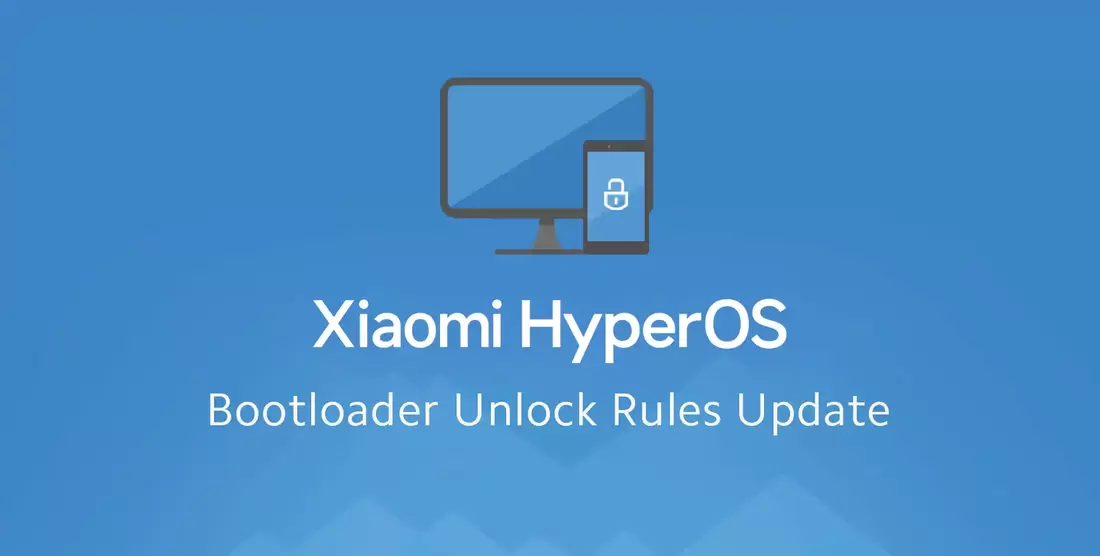In light of this adjustment, Xiaomi extends its sincere apologies for any inconvenience caused to users. The company expresses gratitude for the understanding and ongoing support from its user community as it strives to ensure a secure and seamless user experience.
New Unlocking Rules
The updated bootloader unlocking rules under HyperOS are as follows:
- Default State for Regular Users: Regular users are strongly advised to maintain the bootloader in its default locked state. This recommendation is rooted in the commitment to safeguard user data and uphold the integrity of the HyperOS ecosystem.
- Enthusiast Access: Enthusiasts keen on customizing their phones may apply for bootloader unlocking permission through the Xiaomi Community. An application portal, accessible through the Xiaomi Community App, is in the works. The application rules will be outlined on this platform.
- Legacy Operating Systems: Users running previous operating systems, such as MIUI 14, will retain the ability to unlock their bootloaders. However, a caveat is introduced – those who leave their devices unlocked will no longer receive HyperOS updates. To continue receiving updates, users are encouraged to reach out to after-sales service.
Device Upgrade Process
The device upgrade sequence for HyperOS is contingent on the comprehensive product development process. Users are requested to exercise patience and await the device upgrade, understanding that this process is integral to ensuring a seamless transition to the enhanced operating system.
Security or Restriction?
Xiaomi’s HyperOS, a “Human-centric” OS designed to connect personal devices, cars, and IoT products in an ecosystem, claims to place a “paramount focus on security”. However, this claim has been met with skepticism.
Concerns have been raised about the potential for spyware and bloatware that could come with the OS. These unwanted software not only take up valuable storage space but can also compromise the privacy and security of users. This contradiction between the claimed focus on security and the potential risks associated with spyware and bloatware has raised eyebrows among the user community.
Xiaomi had previously implemented similar bootloader unlocking rules in the China market. With the new policy, users are expecting “similar” restrictive bootloader unlocking rules for Global and Indian devices too.
Conclusion
While Xiaomi’s move is ostensibly aimed at enhancing security, it has been met with criticism from users who view it as a step back, especially considering Android’s open-source nature. The key question here is whether this policy strikes the right balance between security and user freedom. Only time will tell how this policy evolves and how the user community adapts to these changes. As always, open dialogue and feedback from the user community will be essential in shaping such policies.

 RSS Feed
RSS Feed